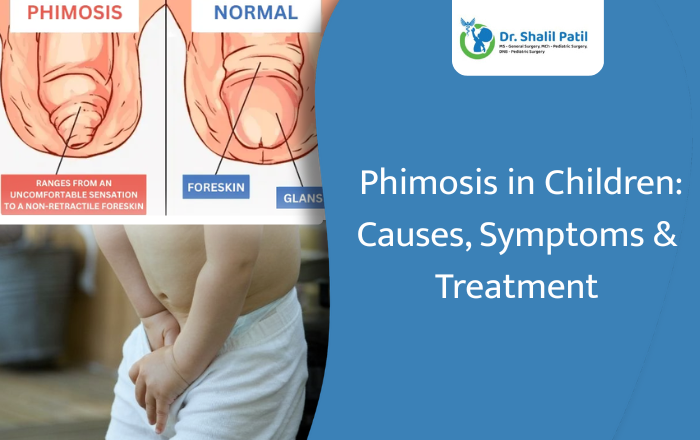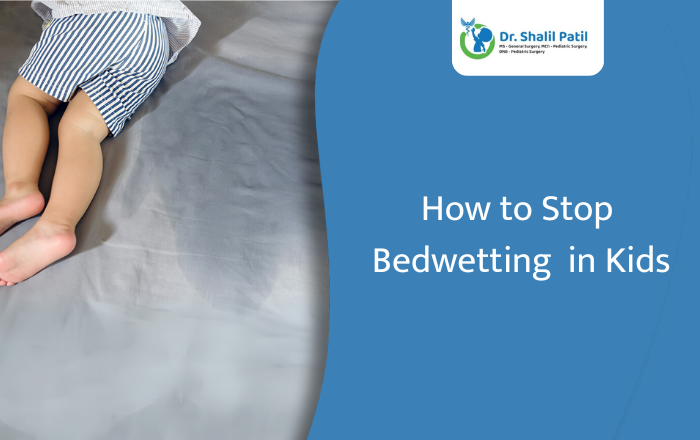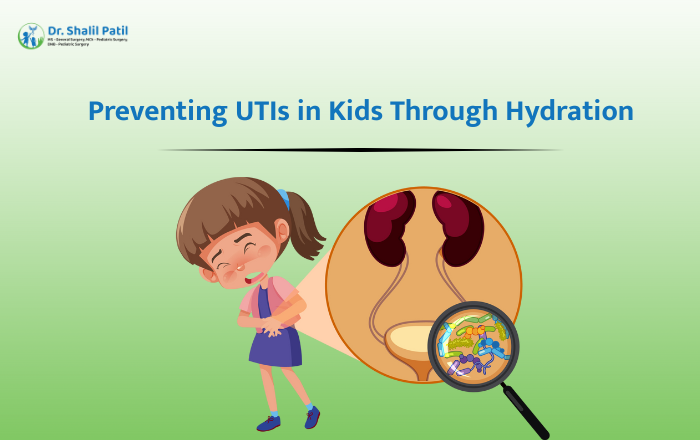Hypospadias surgery is a common procedure performed to correct the position of the urethral opening in boys born with this condition. While the surgery itself is relatively straightforward, the recovery period at home is crucial to ensure proper healing. As a parent, you may feel a little anxious about how to care for your child after surgery. This guide will walk you through essential home care tips to help your child recover smoothly and comfortably.
What is Hypospadias Surgery?
Hypospadias is a condition where the opening of the urethra (where urine leaves the body) is not at the tip of the penis, but somewhere on the underside. This can cause problems with urination and, later in life, fertility. Surgery is used to correct this problem by moving the urethral opening into the correct position.
Surgery is usually carried out in early childhood, between 6 and 18 months of age. While the procedure itself is completed in one day, your role in managing your child’s recovery at home is vital to prevent complications and ensure proper healing.
Immediate Post-Surgery Care at Home
The first 24 to 48 hours after surgery are critical. Here’s what you need to focus on during this time:
- Keep your child comfortable: After hypospadias surgery, your child may feel uncomfortable or drowsy from the anesthetic. Rest is important during this time. Make sure your child is in a calm, quiet environment and encourage him or her to take it easy.
- Wound care: You will need to keep the area clean and dry. Your doctor will probably give you instructions on how to change bandages or dressings. Be careful when handling the surgical site and always wash your hands before touching it.
- Limit your movements: Avoid activities that could put stress on the surgical site. Prevent your child from climbing, running, or playing rough during this time to avoid pressure on the healing tissues.
- Watch for signs of infection: Watch for any unusual redness, swelling, or discharge at the surgical site. If you notice these signs, contact your doctor immediately.
Managing Pain and Discomfort
It’s normal for your child to feel some discomfort after the operation. Here’s how you can help:
Medication: Your doctor will probably prescribe pain medicines. Be sure to follow the dosing instructions carefully and take the medication at the recommended times to get ahead of the pain.
Comfort measures: Besides medication, there are simple things you can do to help your child feel better. Loose, soft clothing can help prevent irritation of the surgical site. Some parents find that placing a cool cloth near the area (without touching the wound directly) can provide comfort. Distraction through favorite toys, shows or books can also help to take their mind off the discomfort.
Ensuring Proper Wound Healing
The healing process is different for each child, but these tips can help you make sure everything is going well:
- Keep the area dry: Bathing is usually restricted for the first few days after surgery. Stick to sponge baths to clean your child without getting the wound wet.
- Watch out for infection: The most common signs of infection are excessive redness, warmth or pus-like discharge. Also keep an eye on your child’s general health – a fever or unexplained irritability could be a sign of a problem.
- Follow-up care: Your doctor will schedule a follow-up appointment to check the progress of healing. Be sure to attend and share any concerns you have about your child’s recovery.
Diet and Hydration Post-Surgery
Proper nutrition is important for healing and overall comfort during recovery:
- Stay hydrated: Encourage your child to drink plenty of water throughout the day. This will help keep their system functioning well and support healing.
- Soft, high-fiber foods: Some children experience constipation after surgery due to the effects of the anesthetic or painkillers. Providing fiber-rich foods, such as fruits, vegetables and whole grains, can help keep bowel movements regular.
- Avoid certain foods: Spicy or acidic foods can irritate your child’s system and should be avoided, especially in the first few days after surgery.
When to consult your doctor
While most children recover without complications, it’s important to know when to seek help. Contact your doctor if you notice any of the following
- Fever or signs of illness
- Severe or persistent pain
- unusual redness, swelling or discharge from the wound
- Difficulty passing urine or signs of urinary blockage
Caring for your child after hypospadias surgery can feel overwhelming, but following these home care tips will help make the process smoother. By keeping the wound clean, managing any discomfort and monitoring for signs of complications, you can support your child’s recovery and help them heal faster.
If you have any concerns or need further guidance, don’t delay to contact Dr.Shalil Patil, a hypospadias surgeon in Virar. He can provide additional support to ensure your child’s recovery is on the right track.





